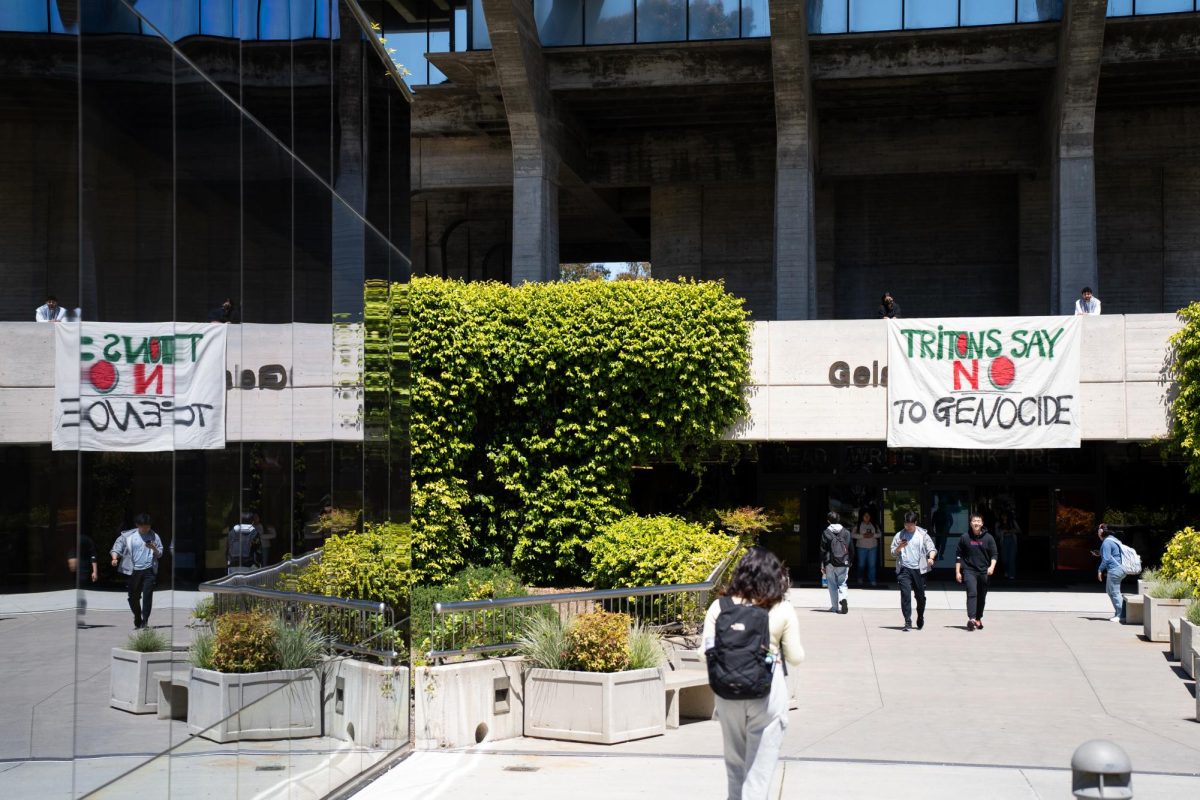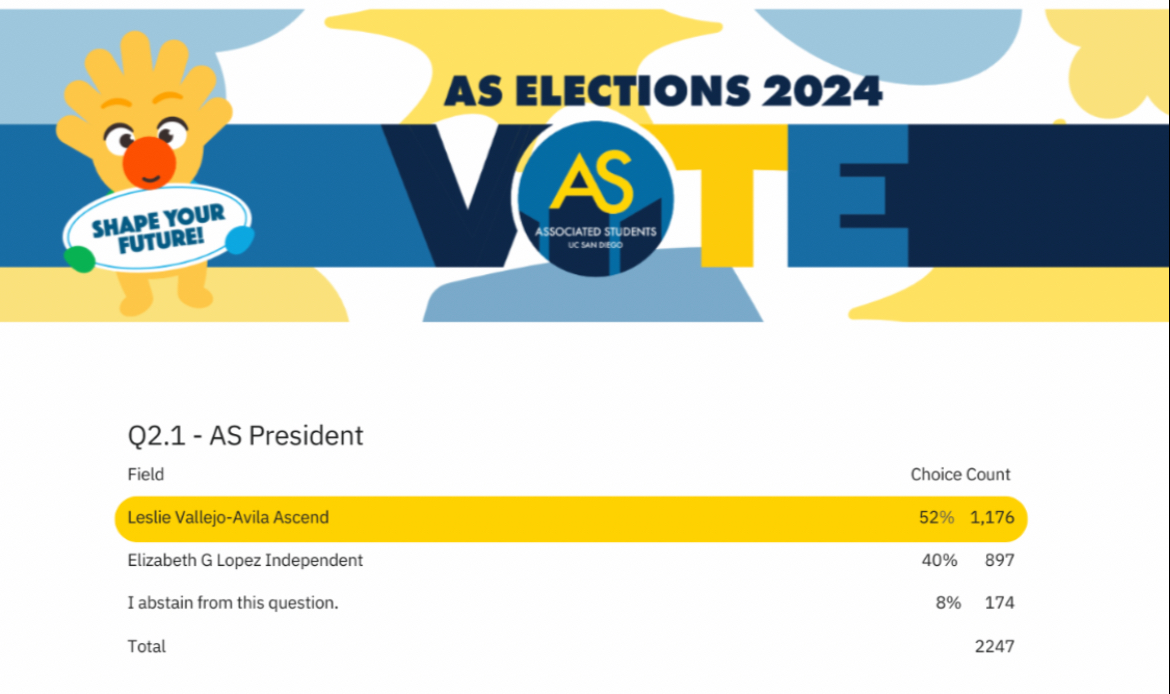In a move that sent shock waves through the academic world, UC President Richard C. Atkinson announced that the university is severing its ties with five UC campuses.
The campuses, described by Atkinson in a press conference as “”bottom tier”” and “”inferior,”” received letters approved by the UC Board of Regents on Friday detailing their dissolution from the UC system. The campuses affected include UC Irvine, UC Santa Cruz, UC Riverside, UC Santa Barbara and UC Davis.
According to sources at the UC Office of the President in Oakland, Calif., the decision to drop the five campuses came because the university sought “”to overhaul its image.””
The source, who spoke on condition of anonymity, stipulated that UC administrators made the move to increase the prestige of the university by trimming off, as the source put it, “”the dead weight bringing down the other three UCs.””
Spokesmen for the evicted campuses described the move as an unexpected and untimely event.
“”We’re left reeling,”” said Paul Masterson, media relations manager for UC Davis. “”We’re among the top 25 public schools in the nation, so we don’t understand why we’re not good enough for UC.””
Administrators from the dropped universities called emergency meetings over the weekend to determine how the campuses would respond to the university’s move.
As of Monday morning, only two of the five affected campuses had formulated plans. Representatives for UC Riverside and UC Santa Cruz have stated that the campuses will seek membership in the California State University system.
“”What makes them think we want them?”” asked Christopher Lawrence, a spokesman for CSU’s central office in Bakersfield, Calif. “”If they want to latch on to some other university system, it’s not going to be us.””
Whatever paths the campuses’ administrators take, the situation requires decisive action. Without the university’s backing, the campuses are left without funding and patronage. Though each campus maintains a modest endowment, no endowment can cover the day-to-day costs of running a university for very long.
“”Maybe we’ll just try to turn into a private school,”” said UC Santa Barbara spokesman Mike Cosford. “”And if that doesn’t work, we’ll blow the endowment on keggers until there’s nothing left.””
Though the move presents trouble for the UCs left behind, there has been unforeseen hardship for the three remaining campuses, which must bear the weight of being the University of California by themselves.
The UCOP source indicated that UCSD narrowly escaped a decision to have been cut from the system as well, which would have resulted in the creation of a two-campus University of California.
“”UCSD’s respected in some academic circles,”” the source said. “”But what we were really concerned about was that it would bring down the hotness factor of the two other, more prestigious UCs.””
The use of a “”hotness factor,”” a quantitative computation used to measure how good-looking a campus’ student population is, has never been confirmed by a UC official willing to go on the record.
Sources at UCOP, however, have revealed for the first time that the hotness factor is derived by computing the inverse square of the number of contraceptive devices purchased on a particular campus during a one-year period. The figure is then converted to a percentage, a higher percentage indicating a hotter campus.
Put into perspective, SDSU boasts a hotness factor of 97 percent, while UC Berkeley’s hotness factor stands at 74 percent. UCSD’s hotness factor, in stark contrast, ranks well within the bounds of expectation at 28 percent.
“”Without UCSB’s presence in the UC system, the UC-wide hotness factor will probably drop by several percent,”” the source said. “”UCLA and Berkeley will have to carry the burden for the whole system on their own — UCSD is certainly no help.””







